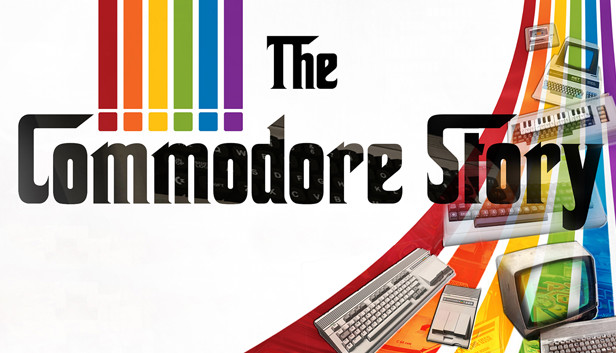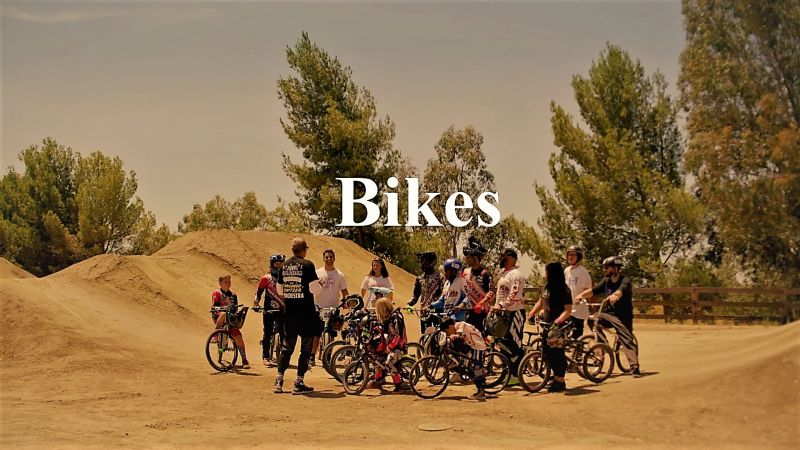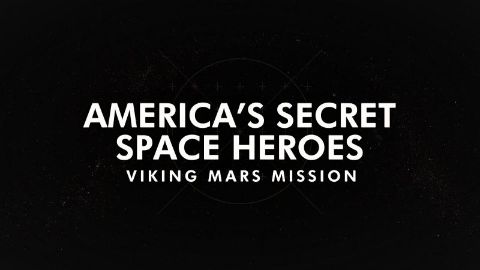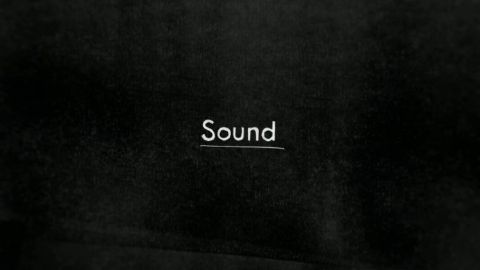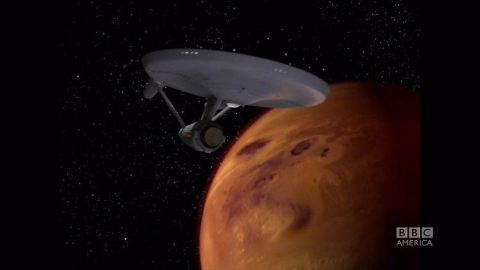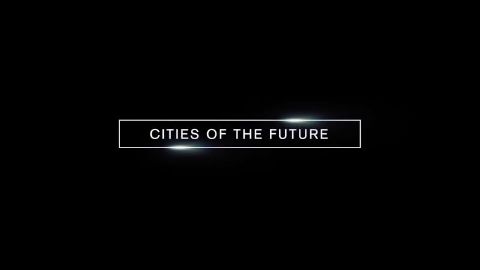Venice The Technological Challenge • 2018
The sea level in Venice has increased drastically in the last century or so, threatening the very existence of the city. Global warming and the harmful effects of tourism have amplified the phenomenon of acqua alta (sudden rise in sea level), rendering the traditional responses of inhabitants obsolete. It is urgent to act today. Projects conceived in laboratories across the globe are joining forces to save the city. These include RAMSES, a 3D modelization of the lagoon produced using lasers, which analyzes rises in water level; and MOSE, a series of movable dams costing over 4 billion euros, intended to block the sea in case of acqua alta. The film will take us on this extraordinary journey, the technological and scientific struggle for the survival of Venice, a survival that has been in doubt from its very construction.
Make a donation
Buy a brother a hot coffee? Or a cold beer?
Hope you're finding these documentaries fascinating and eye-opening. It's just me, working hard behind the scenes to bring you this enriching content.
Running and maintaining a website like this takes time and resources. That's why I'm reaching out to you. If you appreciate what I do and would like to support my efforts, would you consider "buying me a coffee"?
Donation addresses
BTC: bc1q8ldskxh4x9qnddhcrgcun8rtvddeldm2a07r2v
ETH: 0x5CCAAA1afc5c5D814129d99277dDb5A979672116
With your donation through , you can show your appreciation and help me keep this project going. Every contribution, no matter how small, makes a significant impact. It goes directly towards covering server costs.
